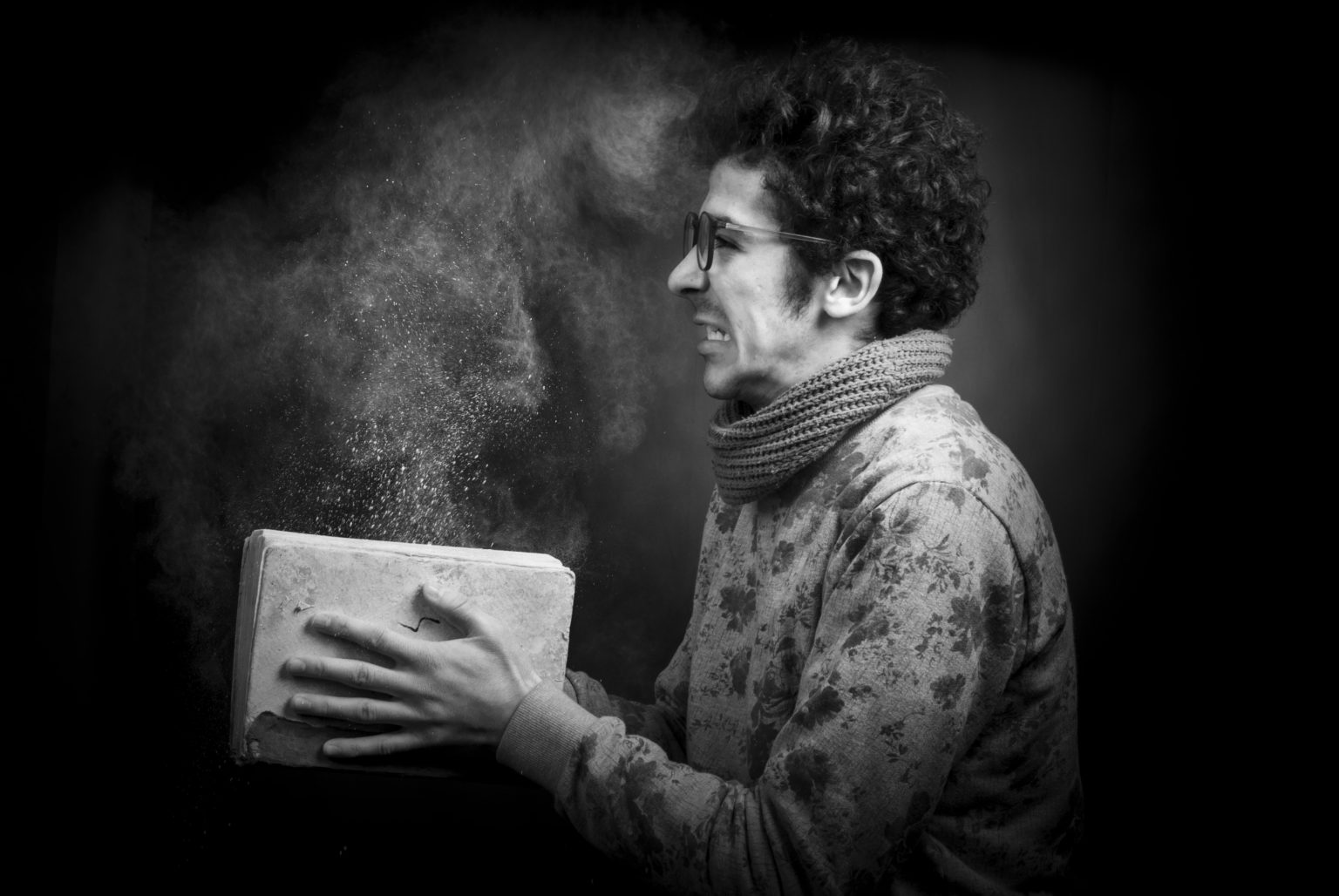Do you worry about or struggle with writer’s block? Well, in this post I am going to share with you the top strategies to avoid writer’s block.
If you’re a beginner writer it may be something is blocking you ever getting started.
If you are a more experienced writer it may be your nerves about where your next story idea will come from, or that the mews will leave you.
Who gets writer’s block?
Be reassured, you are not alone in this. It is something that hits all writers, and indeed all creatives, at some point in their working lives.
According to sources like Daniel Kolitz, David Mitchell, Truman Capote, Ralph Ellison and even Stephen King have all suffered at the hands of writer’s block.
What causes writers block?
According to Wikipedia there are a number of reasons writers can get blocked, both mental and physical, and they impact individuals differently.
Depression is, unsurprisingly, very influential upon a writer. Famously both Sylvia Plath and JK Rowling struggled with depression, but conversely it is what enabled them to delve deep inside themselves and produce wonderful work.
For others, depression prohibits their writing and have very long periods where they don’t write a word. Virginia Woolf comes to mind.
Strange as it sounds, the pressure of success is a cause for writer’s block. Harper Lee must surely be the most famous examples of this.
More recently Elizabeth Gilbert has talked about how difficult she found writing after the success of Love, Eat, Pray. How could she top her already top book?
Procrastination is another cause and I would venture is the primary cause of writer’s block in the beginner writer.
If you are a beginner writer and you procrastinate, it is most likely due to fear.
Fear of writing
Do you know you have a great story but are unsure how best to write it?
Writing 70,000+ words is a hugely daunting undertaking. Where to begin? How to progress the story? How do you get to the end?
There’s so much to think about that your head is spinning and you move away from your desk feeling dizzy and in need of a lie down!
The other fear you might have as a beginner writer is that you are not good enough. You’ve read the books of your literary heroes and you want to be as good as them but feel you never will be.
Fear of not choosing the correct word or crafting a perfectly fashioned sentence is what blocks you and keeps you away from your writing desk.
What can you do about it?
Luckily there are strategies you can adopt that will help you make the shift away from fear towards productivity and confidence.
“You only learn to be a better writer by actually writing.”
Doris Lessing
Jeff Goins says he has experienced writer’s block on several occasions and each time the solution is different. The lesson here is don’t give up, keep going until you find what works.
He makes some instant and practical suggestions such as go for a walk or a run, read a book, write in a new environment or listen to some music.
But what if your fear or writer’s block feels more than a temporary blip? Try these strategies:
- Identify the problem
Like any other problem in life, if we understand the root cause and own it, we can start to look past the problem. Do you procrastinate because you’re scared of being not good enough, or is it because you don’t know where to start?
Once you understand that you can progress to find practical solutions, like the ones Jeff Goins talks about.
- Set small goals
If you break down your writing project into small bite-sized chunks, it’s going to be a lot easier to overcome. The all you need to worry about is getting to the end of that paragraph, that page or that chapter.
Don’t think about the book in its entirety. Think only about the next step you need to take. Take things Bird By Bird, as Anne Lamott would say.

Try this:
Go to your usual writing spot, of it that’s not working for you right now, move to another part of the house.
Alternatively, you can take yourself somewhere entirely new – a café, the library, the park. A change of scene can be surprisingly effective.
(If you don’t like to be somewhere noisy, try using noise cancelling headphones. I know one writer to find these particularly helpful.)
Next, set your timer for 10 minutes. It doesn’t matter if you don’t write anything. It is enough that you’ve committed the time and energy.
Do the same the next day, and the next.
Be patient, give yourself some grace, and eventually the words will come. Trust me! Eventually they will come and you can resume your storytelling during.
- Self-care
It’s become a bit of a cliché, the idea of self-care, but the reason it’s a cliché is because it’s true.
Ensure you get enough sleep, eat right and take strategic time away from your desk. When you feel physically and mentally well, you are best placed to focus your energy on your writing.
Don’t underestimate the power of mental and physical clarity.
Don’t forget..
A final, and particularly unpopular solution to writer’s block, is simply to write.
Force yourself to the desk, no matter how difficult, and get those words down. This is perhaps a more brutal way of saying, trust the process.
Getting stuck and unsure is part of the writing process. The trick is not to let it devalue altogether.
Go back to the things you need to do before you start writing. Find the passion you once had for the project and see where it leads you.
More tips for beginner writers:
If you’re a beginner writer, you may find these posts helpful:
- https://emmadhesi.com/blog-post/wheredowriters/
- https://emmadhesi.com/blog-post/contrastinyourwriting/
- https://emmadhesi.com/blog-post/howtostart/
- https://emmadhesi.com/moniack-mhor-writing-centre/
- https://emmadhesi.com/topindieauthors/
If you’re interested in staying in touch, join my Reader’s List and I’ll keep you updated with tips and strategies for beginner writers. I’ll even send you a free short story!






